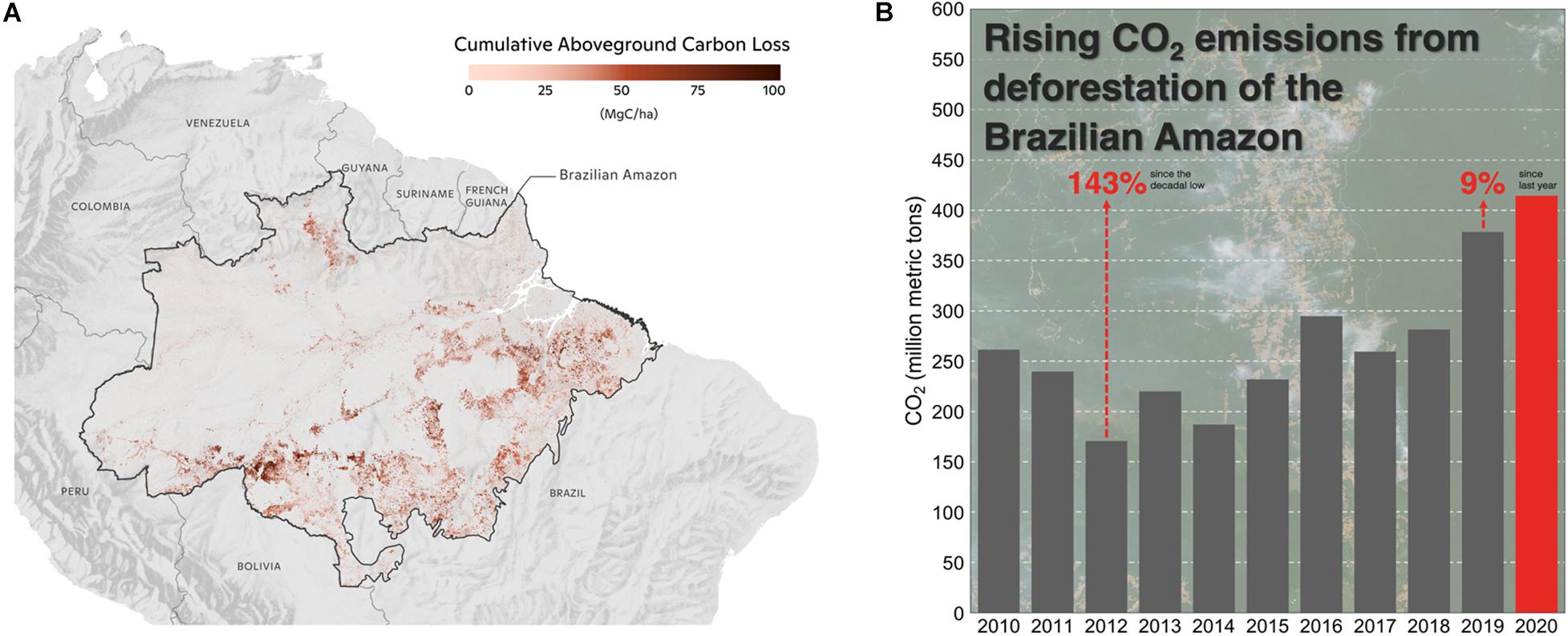
Speaking at the opening of the 2024 Climate Ambition Summit, UN Secretary-General, António Guterres stated that “[h]umanity has opened the gates to hell” by allowing the climate crisis to worsen.1
Introduction
Climate change is the defining issue of our time. Our ability to mitigate and adapt to the effects of climate change is crucial to the protection of our planet for both present and future generations. The international community, being acutely aware of these impacts, has applied to two of the highest global authorities for historic advisory opinions on States’ obligations in respect of climate change resulting from anthropogenic greenhouse gas emissions.
The International Tribunal for the Law of the Sea (ITLOS) Climate Change Advisory Opinion
The first of the advisory proceedings in September 2023, heard by the International Tribunal for the Law of the Sea (ITLOS or the Tribunal) at its home in Hamburg, sought to clarify States’ obligations to protect the marine environment from the adverse effects of climate change caused by anthropogenic greenhouse gas emissions. The ITLOS advisory opinion is a precursor to the much wider and more significant advisory proceedings, in scope, likely participation and authority, that are set to take place before the International Court of Justice (ICJ or the Court) at The Hague in 2024.
The International Court of Justice (ICJ) Climate Change Advisory Opinion
The ICJ has been asked to clarify States’ general obligations under international law in response to climate change caused by anthropogenic greenhouse gas emissions. There are also related advisory proceedings before the Inter-American Court of Human Rights and contentious proceedings before the European Court of Human Rights relating to climate change and the human rights obligations of States.
Implications of the Advisory Opinions
- be highly persuasive in defining the rights and obligations of States, as concerns State action and/or inaction, to protect the environment from the effects of anthropogenic greenhouse gas emissions;
- likely increase the risk of claims whether between States and foreign investors in international tribunals (by virtue of a State’s adoption of more robust climate legislation), against governments and companies in domestic courts (by virtue of the persuasive nature of international law), or at a State-to-State level in international courts and tribunals (likely pursued by smaller impacted coastal States against high emitting States);
- be highly relevant to the increasing pressure on high emitting States to seek diplomatic outcomes, including future COP agreements: and
- add to the pressure on States to tighten domestic regulatory pressure on all matters carbon related.
Relevance of Advisory Opinion Proceedings at International and Domestic Levels
It is clear that the adverse effects of climate change on both present and future generations has reached a tipping point for developed and developing States. As States Parties collectively recognised at COP27 in 2022, “Parties are not collectively on track to achieve the long-term global goal and that the pre-2020 pledges of some Parties and their subsequent implementation have been insufficient.” The collective action from States to clarify their obligations under international law in respect of climate change shows clear momentum to evaluate the global response to climate change. These advisory opinions are the most important pieces of climate change litigation of our time, and have the potential to seriously influence States’ actions required to achieve the 1.5°C temperature goal set in the Paris Agreement.
What is an advisory opinion?
Advisory opinion proceedings, as distinct from contentious proceedings, are where a tribunal or court gives an opinion on legal questions referred to it by authorised bodies. For example, the ICJ can only deliver an advisory opinion in response to a referral from the United Nations General Assembly, the United Nations Security Council, or other United Nations organs and specialised agencies authorised by the General Assembly. States are invited to make written and oral statements on the question put to the tribunal or court to help inform its conclusions. Advisory opinions are not binding on States but may be considered highly persuasive and carry great legal weight.
The questions posed to ITLOS and the ICJ in these advisory proceedings concern only the obligations of States. Therefore, any findings made by ITLOS or the ICJ are not expected to have direct and immediate impacts on corporate entities.
International Tribunal for the Law of the Sea Climate Change Advisory Opinion
What was the question put to the tribunal?
On 12 December 2022, the Tribunal received a request from the Commission of Small Island States on Climate Change and International Law, comprising of Antigua and Barbuda, Niue, Palau, Saint Lucia, Tuvalu and Vanuatu (COSIS) to render an advisory opinion. Per the COSIS Agreement, COSIS’s mandate is “to promote and contribute to the definition, implementation, and progressive development of rules and principles of international law concerning climate change”.
COSIS referred the following questions to ITLOS for an advisory opinion:
- What are the specific obligations of State Parties to the United Nations Convention of the Law of the Sea (UNCLOS), including Part XII:
- to prevent, reduce and control pollution of the marine environment in relation to the deleterious effects that result or are likely to result from climate change, including through ocean warming and sea level rise, and ocean acidification, which are caused by anthropogenic greenhouse gas emissions into the atmosphere?
- to protect and preserve the marine environment in relation to climate change impacts, including ocean warming and sea level rise, and ocean acidification?
What were the arguments states made?
As a threshold issue, the overwhelming majority of States argued that anthropogenic greenhouse gas emissions fall within the definition of “pollution of the marine environment” under Article 1(1)(4) of UNCLOS. This is important as an expanded definition empowers the Tribunal to consider causal links between such emissions and impacts on the marine environment.
In terms of substantive obligations, two UNCLOS provisions formed the foundation of almost every States’ submission, being Articles 192 and 194 of UNCLOS. Article 192 imposes a general obligation on States to protect and preserve the marine environment. Article 194 requires States to take all measures necessary to prevent, reduce, and control pollution of the marine environment from any source, using the best practicable means at their disposal. Several States also made submissions on whether the “duty to cooperate” forms part of States Parties’ obligations under UNCLOS, and the extent of the operation of the principle “common but differentiated responsibilities” (being a shared responsibility to respond to climate change where the nature of obligations imposed are influenced by a
SDGs, Targets, and Indicators
1. Which SDGs are addressed or connected to the issues highlighted in the article?
- SDG 13: Climate Action
- SDG 14: Life Below Water
- SDG 15: Life on Land
- SDG 16: Peace, Justice and Strong Institutions
2. What specific targets under those SDGs can be identified based on the article’s content?
- SDG 13.1: Strengthen resilience and adaptive capacity to climate-related hazards and natural disasters
- SDG 13.2: Integrate climate change measures into national policies, strategies, and planning
- SDG 13.3: Improve education, awareness-raising, and human and institutional capacity on climate change mitigation, adaptation, impact reduction, and early warning
- SDG 14.2: Sustainably manage and protect marine and coastal ecosystems to avoid significant adverse impacts
- SDG 15.1: Ensure conservation, restoration, and sustainable use of terrestrial and inland freshwater ecosystems
- SDG 16.3: Promote the rule of law at the national and international levels and ensure equal access to justice for all
3. Are there any indicators mentioned or implied in the article that can be used to measure progress towards the identified targets?
Yes, the following indicators can be used to measure progress towards the identified targets:
- Number of countries with policies, strategies, and plans for climate change adaptation, mitigation, and impact reduction (SDG 13.2)
- Number of people educated and aware of climate change mitigation, adaptation, impact reduction, and early warning (SDG 13.3)
- Extent of implementation of integrated coastal zone management (SDG 14.2)
- Proportion of land area covered by forest (SDG 15.1)
- Number of countries with functioning and inclusive justice systems (SDG 16.3)
Table: SDGs, Targets, and Indicators
| SDGs | Targets | Indicators |
|---|---|---|
| SDG 13: Climate Action | 13.1 Strengthen resilience and adaptive capacity to climate-related hazards and natural disasters 13.2 Integrate climate change measures into national policies, strategies, and planning 13.3 Improve education, awareness-raising, and human and institutional capacity on climate change mitigation, adaptation, impact reduction, and early warning |
Number of countries with policies, strategies, and plans for climate change adaptation, mitigation, and impact reduction Number of people educated and aware of climate change mitigation, adaptation, impact reduction, and early warning |
| SDG 14: Life Below Water | 14.2 Sustainably manage and protect marine and coastal ecosystems to avoid significant adverse impacts | Extent of implementation of integrated coastal zone management |
| SDG 15: Life on Land | 15.1 Ensure conservation, restoration, and sustainable use of terrestrial and inland freshwater ecosystems | Proportion of land area covered by forest |
| SDG 16: Peace, Justice and Strong Institutions | 16.3 Promote the rule of law at the national and international levels and ensure equal access to justice for all | Number of countries with functioning and inclusive justice systems |
Behold! This splendid article springs forth from the wellspring of knowledge, shaped by a wondrous proprietary AI technology that delved into a vast ocean of data, illuminating the path towards the Sustainable Development Goals. Remember that all rights are reserved by SDG Investors LLC, empowering us to champion progress together.
Source: dlapiper.com

Join us, as fellow seekers of change, on a transformative journey at https://sdgtalks.ai/welcome, where you can become a member and actively contribute to shaping a brighter future.






